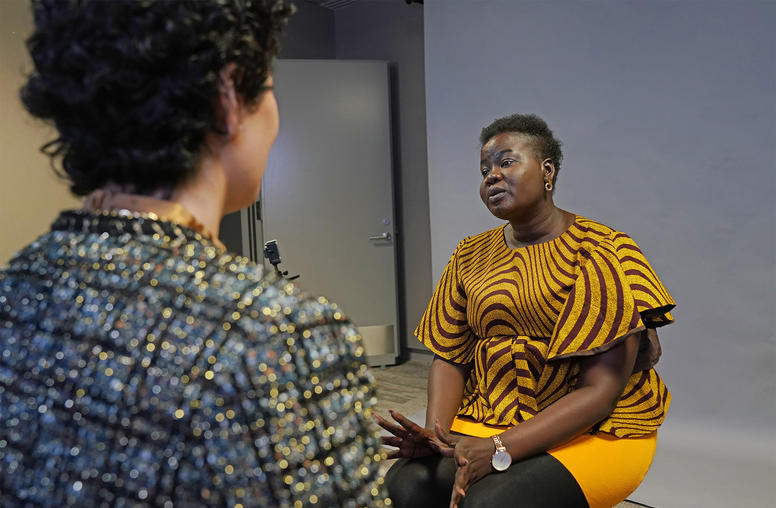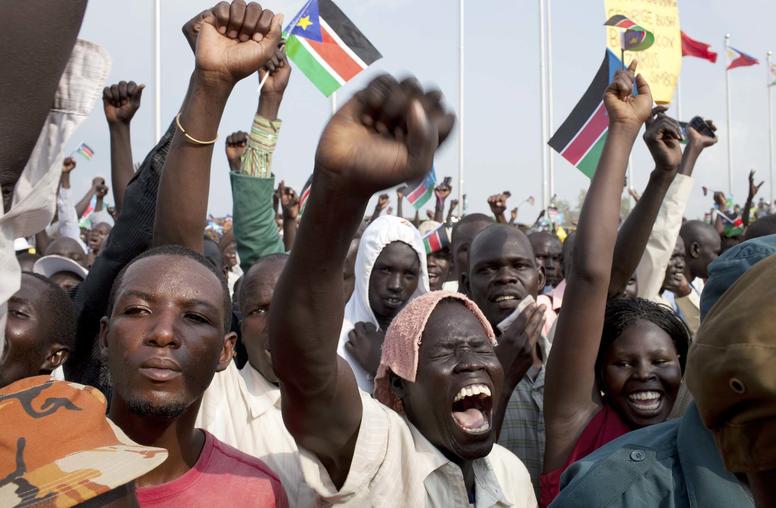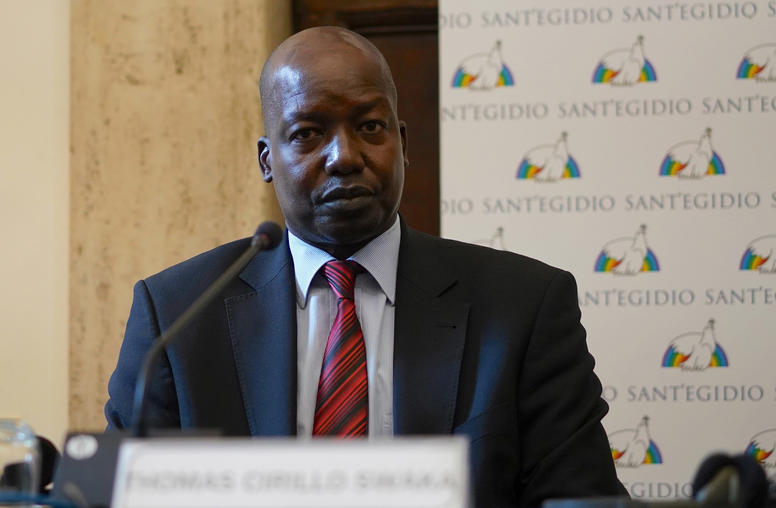Southern Sudan: The New Regional Player
On April 14, 2011, the United States Institute of Peace (USIP) and the Great Lakes Policy Forum convenved a panel to discuss the impact of the new state of Southern Sudan on the Great Lakes region.
The creation of the new state of Southern Sudan introduces a new player to Central Africa, shifting the regional dynamics in the Great Lakes region. Potential flash-points over water and oil rights, refugees, and the movements of the Lord's Resistance Army will be affected by the new government in Juba and the requisite changes in Khartoum. How will this new state impact its neighbors to the south and how should policy makers prepare for these changes?
Moderator
- Amb. Alan Goulty
Former U.K. Ambassador to Sudan
Speakers
- Raymond Gilpin
Associate Vice President, Sustainable Economies Centers of Innovation
U.S. Institute of Peace - Andrea Lari
Regional Director
Refugees International - Jonathan Temin
Director, Sudan Program
U.S. Institute of Peace
Explore Further
- Read a News Feature about the event
- USIP Center for Sustainable Economies
- Countries and Regions: Sudan
If you are interested in this event, you may also be interested in the following Academy Courses:
- Governance and Democratic Practices in War to Peace Transitions
- Social Reconstruction and Human Security
- Economic Reconstruction in Conflict-Affected States



